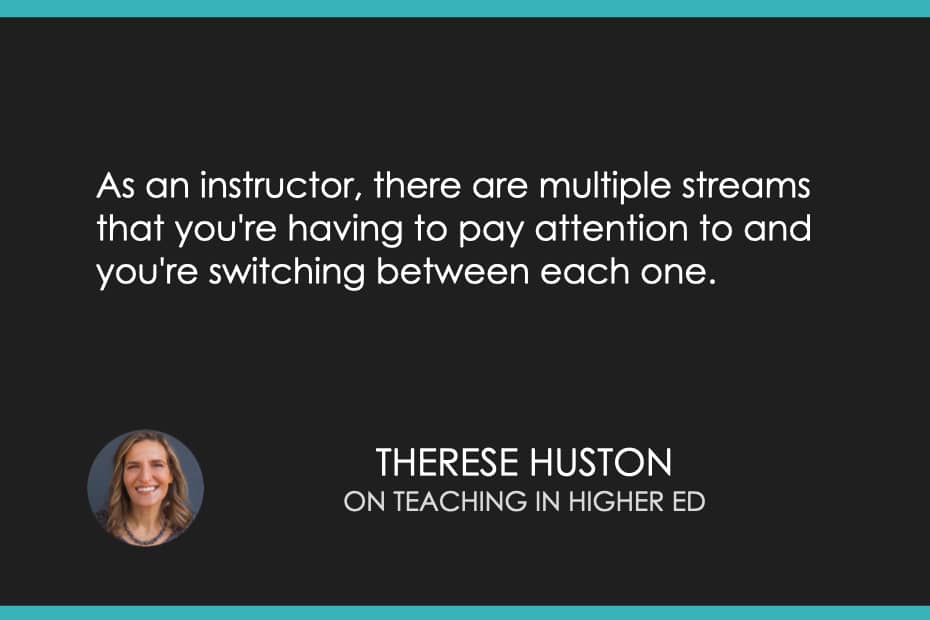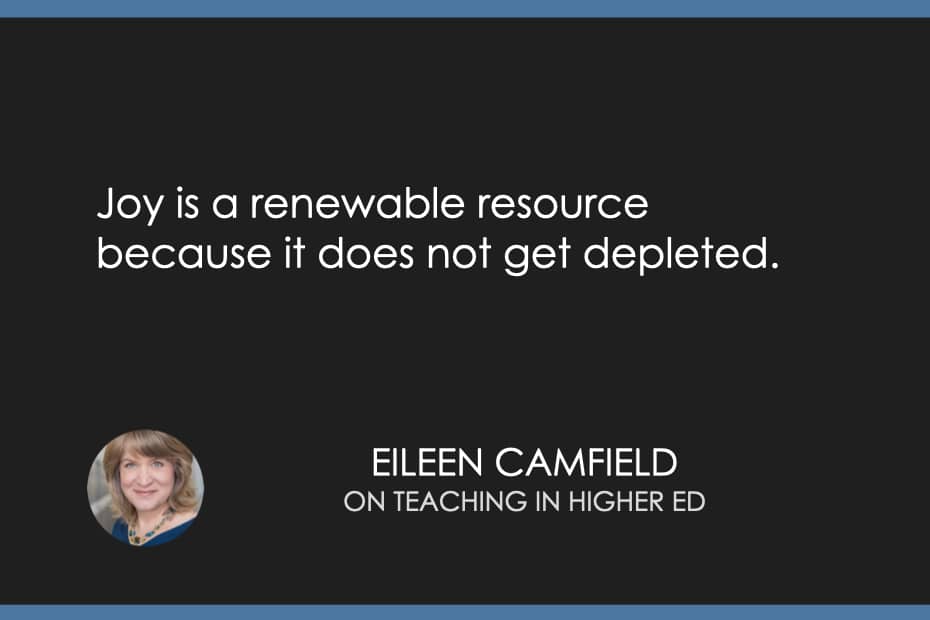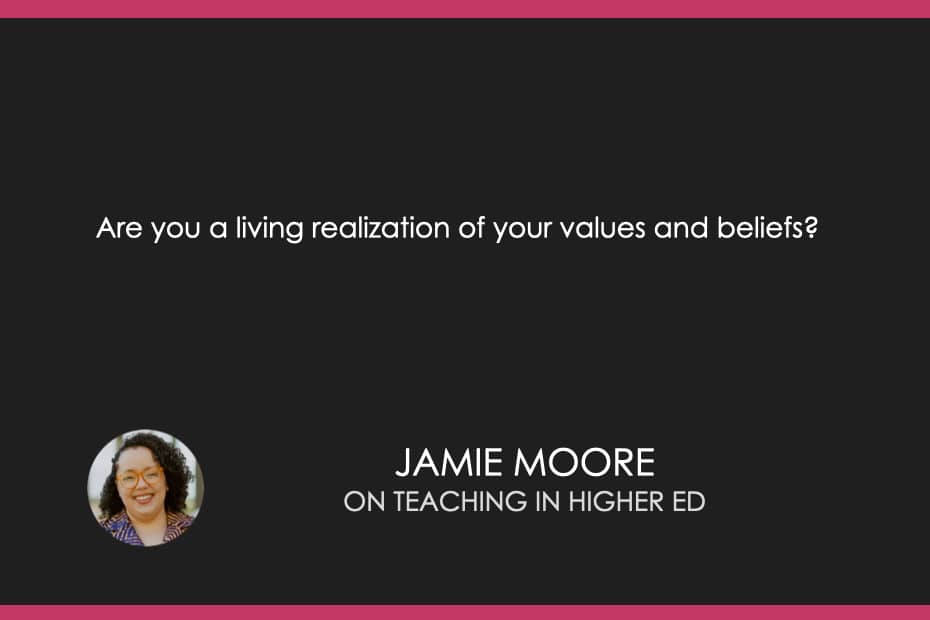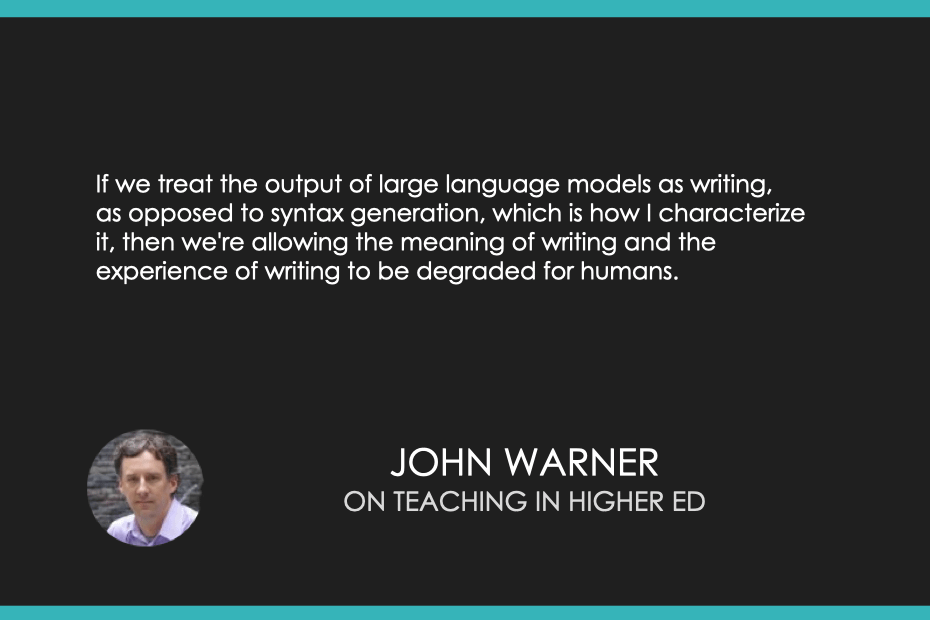Tricia Bertram Gallant and David Rettinger discuss The Opposite of Cheating: Teaching for Integrity in the Age of AI on episode 568 of the Teaching in Higher Ed podcast.
Quotes from the episode
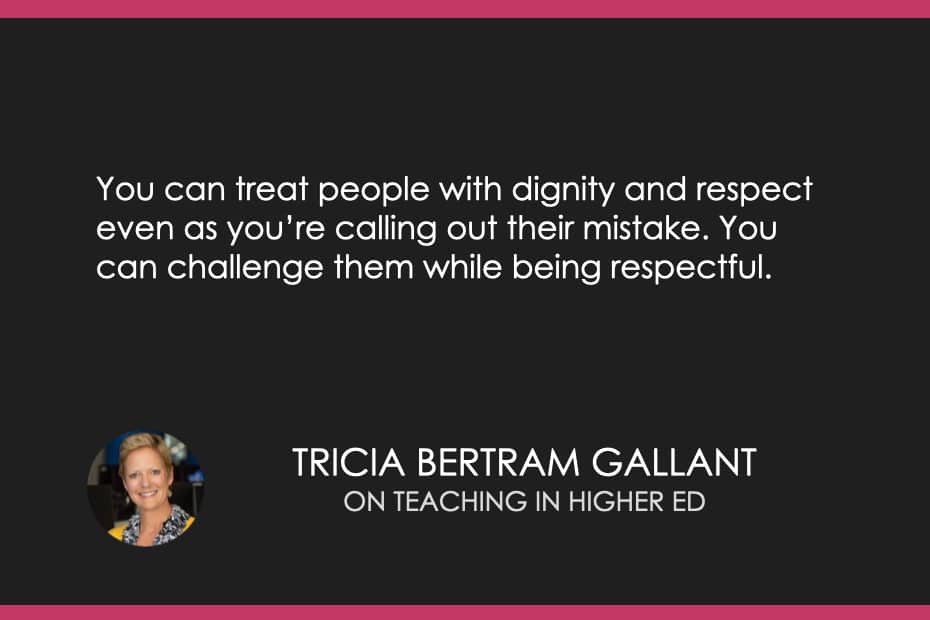
It is true that people cheat, and that's the reason we have rules in the first place in our lives.
-David Rettinger
There are always going to be social, personal, and individual pressures on us that cause us to do things that either we didn't realize were wrong, or that we perfectly well know that are wrong, but that in that moment seem like a reasonable trade off to our behavior.
-David Rettinger
Take care of yourself first, whatever that looks like. You're never going to help somebody else if you're not on firm ground yourself.
-David Rettinger
You can treat people with dignity and respect even as you’re calling out their mistake. You can challenge them while being respectful.
-Tricia Bertram Gallant
It is important for us to remember to give grace to ourselves.
-Tricia Bertram Gallant
